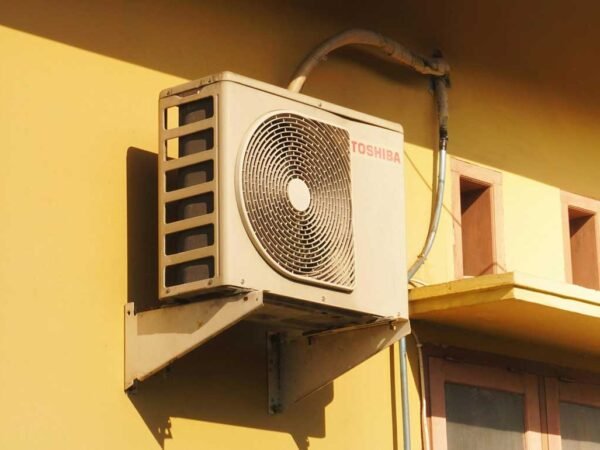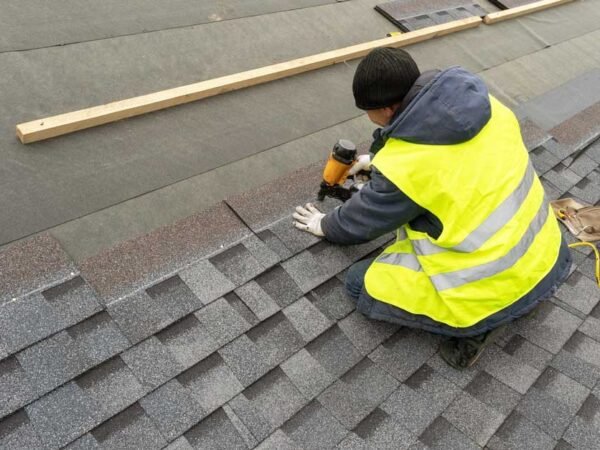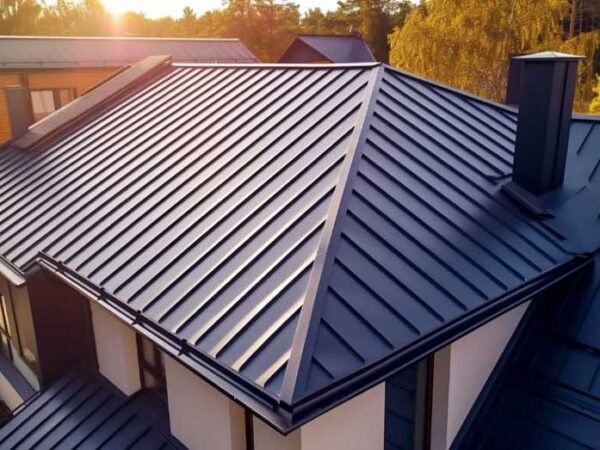Attic insulation plays a crucial role in maintaining a comfortable living environment throughout the year. While many homeowners may focus on aesthetics or major appliances, according to MHN Property Management services, the impact of proper insulation is often underestimated. Properly installed insulation in the attic acts as a barrier that reduces heat transfer between the living space and the outside environment. In the summer, it prevents excessive heat from entering the home, keeping rooms cooler and reducing the workload on air conditioning systems.
During winter, it helps trap warmth inside, reducing the need for continuous heating. Beyond temperature regulation, attic insulation in Houston TX, also contributes to energy efficiency, lowering utility bills, and providing consistent comfort throughout the seasons. We will explore how attic insulation directly impacts comfort, energy use, and the overall atmosphere of a home.
The Role of Attic Insulation in Year-Round Comfort
- Temperature Regulation and Reduced Energy Costs
Attic insulation creates a controlled environment by limiting the movement of heat into and out of a home. In warmer months, poorly insulated attics allow heat from the sun to penetrate the ceiling, raising indoor temperatures and forcing air conditioning systems to work harder. Proper insulation slows this heat transfer, maintaining a cooler indoor climate without excessive energy consumption. Similarly, in colder months, warm air naturally rises, and an uninsulated attic allows this heat to escape into the roof, leaving rooms below colder and requiring constant heating.
By reducing the loss of conditioned air, attic insulation lowers energy demand, resulting in significant cost savings over time. The consistency of temperature throughout the home reduces the need for frequent adjustments to thermostats, creating a more comfortable environment. Moreover, homes with well-insulated attics experience fewer hot and cold spots, making living spaces more enjoyable year-round. This type of insulation also supports eco-friendly living by decreasing overall energy usage and reducing the household’s carbon footprint.
- Noise Reduction and Acoustic Comfort
Beyond temperature control, attic insulation contributes to acoustic comfort within the home. Attics often act as a barrier between exterior noise and living spaces below. Insulation materials such as fiberglass, cellulose, or spray foam absorb sound waves, minimizing the intrusion of traffic, construction, or environmental sounds. This soundproofing effect enhances the overall comfort of a home, making it easier to focus, relax, or sleep without disturbance. Additionally, insulation can help reduce noise transfer between rooms within the house.
For households with multiple levels, a well-insulated attic can prevent sounds from heating systems, HVAC units, or even household activities from traveling and disrupting other areas. In open-plan designs or homes near busy streets, the role of attic insulation in creating a quieter indoor environment is particularly valuable. The combination of thermal regulation and noise reduction ensures a more stable and enjoyable indoor environment, which is a key component of year-round comfort.
- Moisture Control and Indoor Air Quality
Attic insulation also plays a role in managing moisture levels within the home, which directly affects comfort and health. Proper insulation reduces the likelihood of condensation forming on ceilings and rafters, which can lead to mold growth and structural damage. Mold and mildew not only compromise building materials but also negatively impact indoor air quality, potentially triggering allergies or respiratory issues. By controlling moisture, insulation helps maintain a healthier living space.
Additionally, insulation can work alongside proper ventilation systems to ensure airflow and prevent trapped moisture from accumulating. This combination supports consistent humidity levels, which is particularly important in regions with high seasonal variation. Maintaining balanced indoor humidity enhances comfort, prevents damage to furniture and flooring, and contributes to a healthier overall environment for occupants. Homeowners often notice improved air quality and reduced musty odors after upgrading attic insulation, further highlighting its importance in daily living.
- Enhanced Lifespan of Heating and Cooling Systems
Homes with well-insulated attics benefit from more efficient heating and cooling systems. When insulation minimizes heat loss and gain, HVAC systems do not need to operate at maximum capacity for extended periods. This reduction in workload decreases wear and tear on the equipment, potentially extending the lifespan of furnaces, boilers, air conditioners, and heat pumps. In addition to financial savings from lower energy bills, homeowners avoid frequent maintenance and replacement costs. Systems that operate more efficiently also provide more consistent indoor temperatures, further improving comfort.
The energy savings and improved performance of HVAC systems make attic insulation an investment in both comfort and the long-term reliability of essential home infrastructure. By reducing the strain on mechanical systems, insulation supports smoother operation and avoids sudden breakdowns during extreme weather conditions, which can otherwise disrupt comfort and daily routines.
Attic insulation plays a central role in enhancing year-round comfort by regulating indoor temperatures, reducing energy costs, and improving overall home livability. Beyond thermal control, insulation provides soundproofing, moisture management and contributes to healthier indoor air quality, ensuring that homes are pleasant and safe regardless of the season. It also supports the efficiency and longevity of heating and cooling systems, while fostering environmentally conscious living. Proper insulation allows homeowners to maintain consistent temperatures, reduce utility expenses, and create a quieter, healthier indoor environment.













